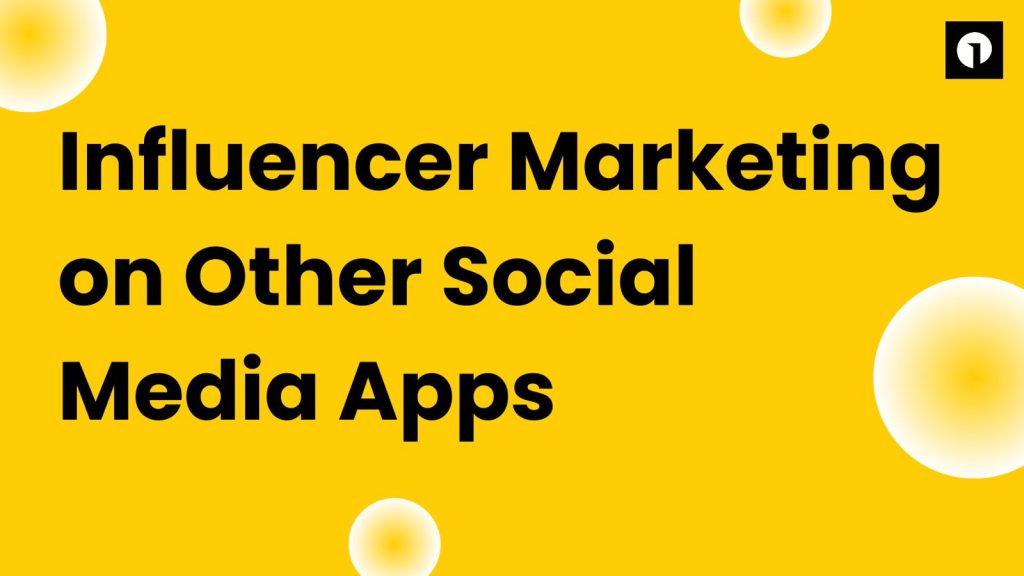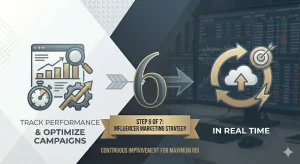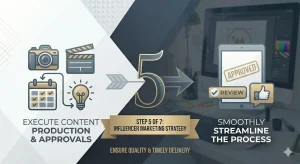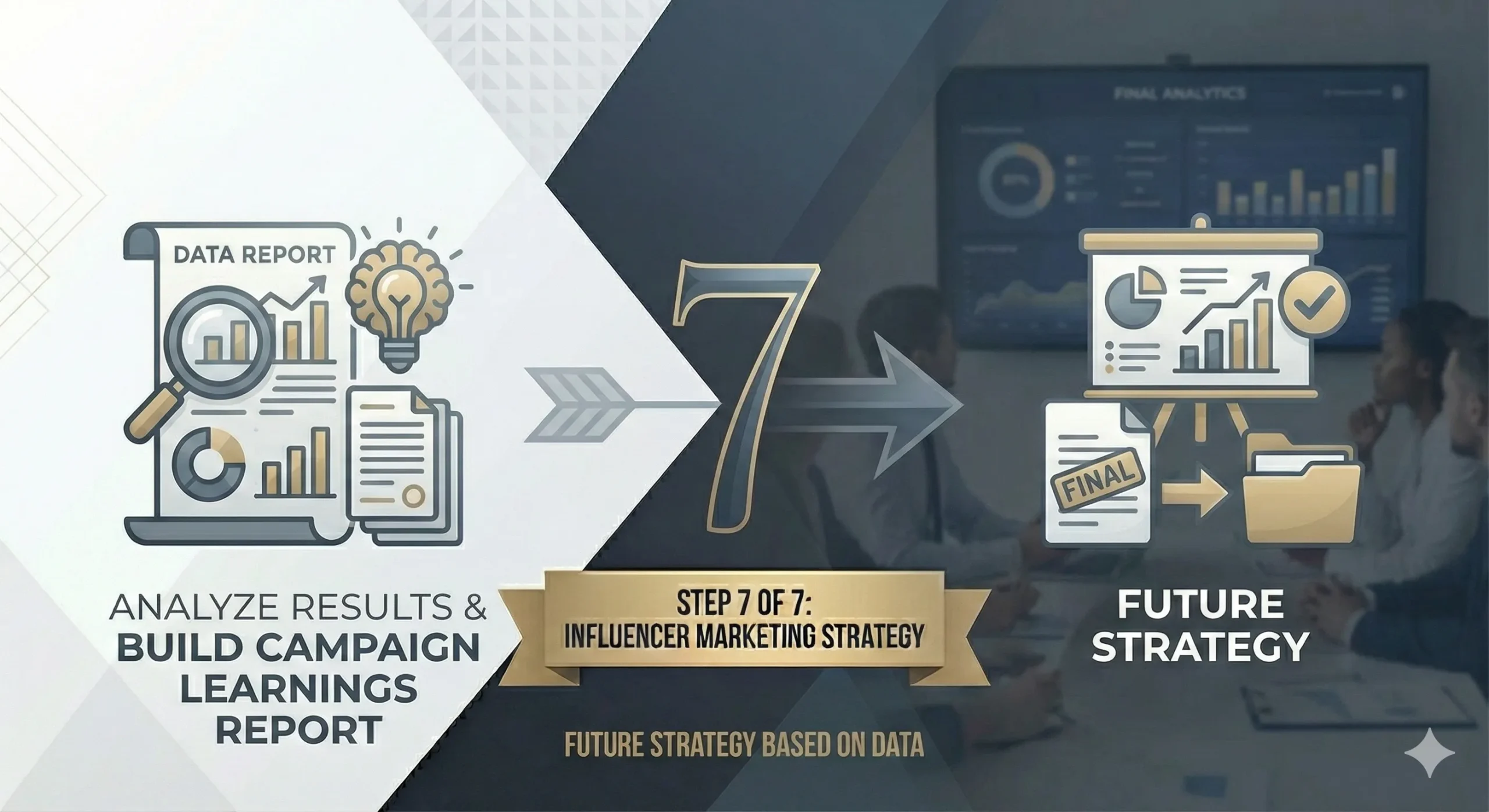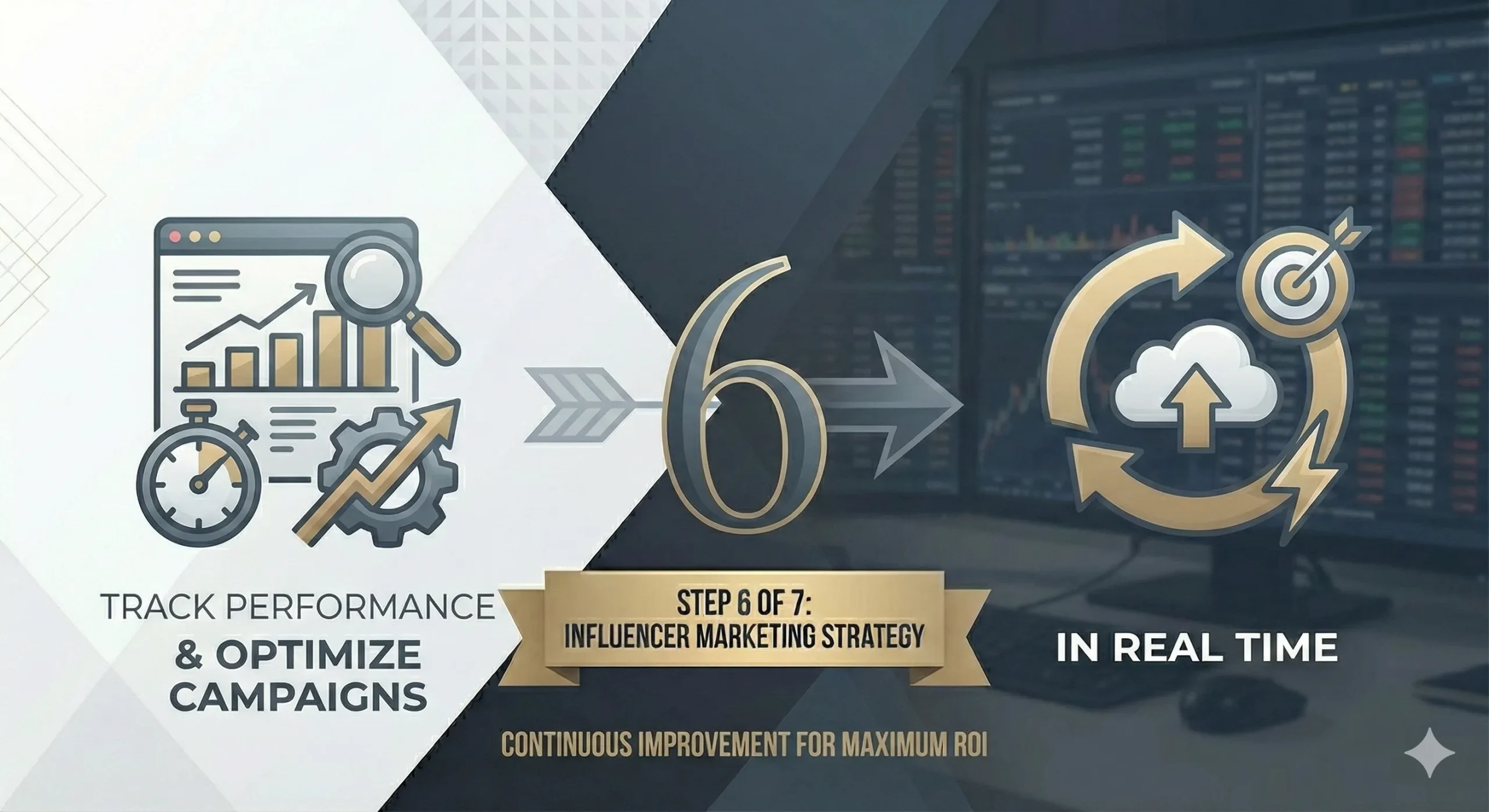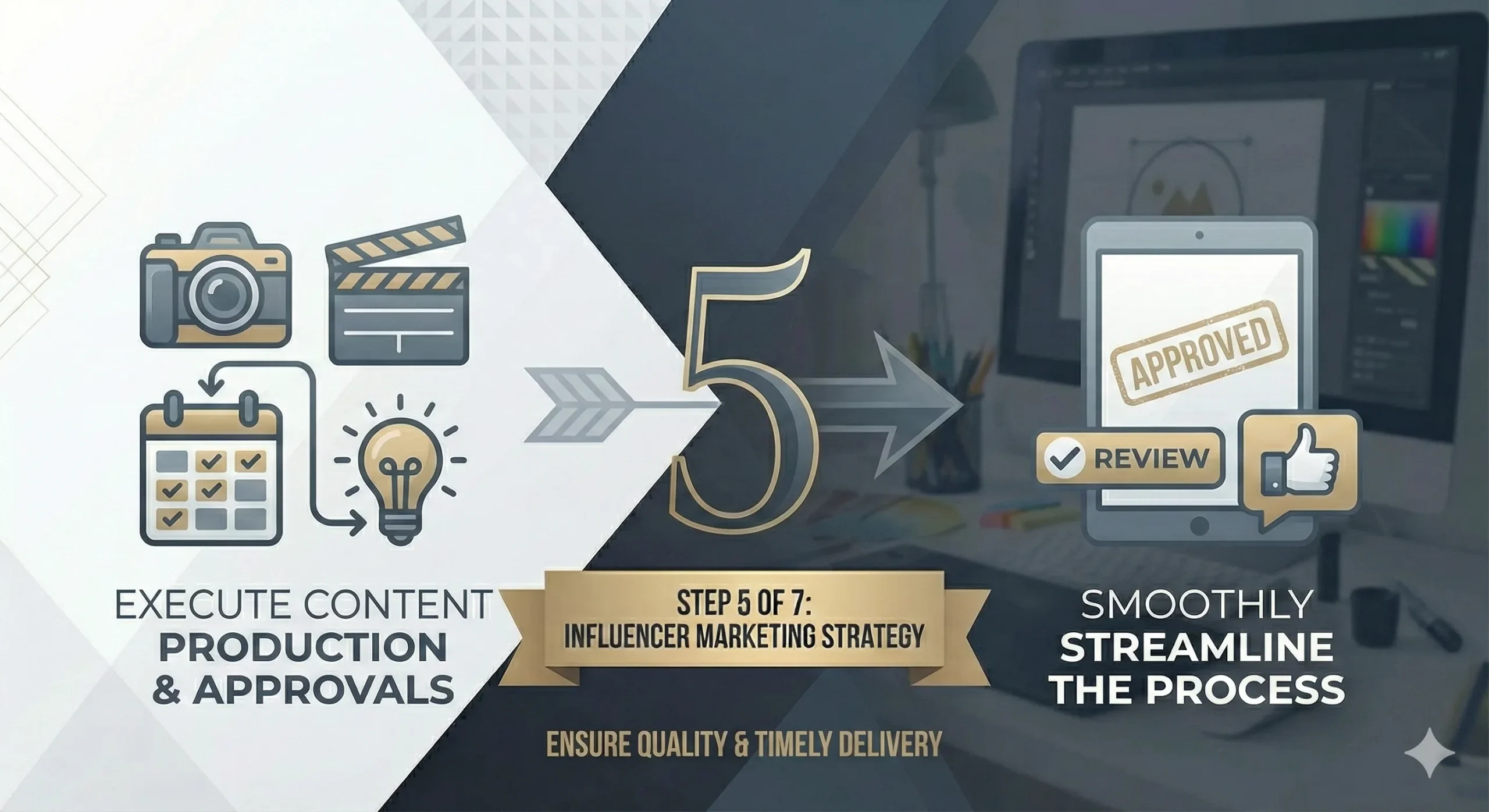At the current moment, Instagram ranks on top of the list of the most preferred social media platforms for influencer marketing because of its algorithms, and constantly evolving trends, that we all are aware of. Other social media platforms like Facebook, YouTube, Twitter(now X), TikTok, LinkedIn, etc also offer quite the space for marketing within their domains and varieties. Facebook, which is the most used social media platform across almost all demographics, consists of a different kind of influencer marketing system than Instagram. The rate of engagement is highest on TikTok. YouTube is currently the second most used platform. With all the specifications, every other social media platform has its features and space for influencer marketers to generate business.
- FACEBOOK :
Facebook in this new and fast generation is considered as archaic as compared to others(Instagram, TikTok) but Facebook Marketing Place is still relevant and growing day by day. As mentioned earlier Facebook, the most used platform with almost an average of 3 billion MUA, is well-established and contains an ample amount of creators, influencers, and celebrities in every niche field. Facebook owns Instagram and whatever is promoted on Instagram is cross-promoted via Facebook as well. Even if Facebook works as a secondary place with tools like Facebook Market Place and Meta Business Suite, marketers are still able to generate business on Facebook.
By creating a Facebook Page, marketers will be able to create awareness and engage customers with their brand or business. With Meta Business Suite brands and companies can access their business activities like trends tracking, reviews, advertisements, Dms, and create cross-platform posts on both Facebook and Instagram. Brands prefer influencer marketing on Facebook because of its affordability. Facebook influencers are known to create relatable, reliable, and authentic content which leads sponsored brands to achieve creative and unique content without having to produce any social media advert.
- YouTube :
YouTube is the second most popular social media platform for Influencer Marketing with over 2 billion of MUA. YouTube is the largest and original video-oriented platform and YouTube has the space and potential of generating a higher amount of revenue. Brands started running influencer campaigns with YouTube, to begin with. YouTube creators/influencers fostered the whole trend of creators producing content to gain an audience. YouTube consists of long and short-term videos and live streams mostly in a horizontal format. Unlike influencers from other platforms with short-term video content, YouTube influencers are known for their uniqueness, creativity, and talent with proficient shooting and editing skills.
YouTube is one of the first platforms to help build an online community among creators and their channel’s subscribers through features like react and comment. Through types of videos like reviews, hauls, unboxing, tutorials, and contests creators collaborate with brands to promote their businesses or products. Through this and several other kinds of videos, companies create brand awareness and product sales. YouTube influencers/creators generate a larger sum of views and most of them are the younger generation who prefer their relatable creators to any big celebrities. And for brands to sponsor them helps their business to evolve to another level. YouTube is owned by Google and it’s also the second-largest search engine, which means audiences are more likely to turn to YouTube for their regular needs. So brands try to invest more and more in all sorts of YouTube creators to increase their visibility and outreach. YouTube is a primary place for long-term videos, brands and companies focus on leveraging long-term videos to generate the strongest ROI.
- TWITTER :
Being the real-time engagement platform, Twitter has nearly 550 million MAU. The effectiveness of Twitter is shown by statistics that more than 60% of the Twitter audience follows at least one influencer. Twitter has a limitation of words/characters, so with the mastery of words Twitter influencers grab follower’s attention and promote partnered brand’s business they also produce promotional content for sponsored tweets. Twitter influencers generally use different types of social media platforms, and own websites, or blogs as well which helps brands to get a better reach. Sponsoring them to create brand-related tweets and hashtags, helps brands and companies establish a connection and awareness. To streamline the whole process, Twitter influencer marketing requires good planning and careful execution.
Brands, marketers, and companies must choose the platforms strategically, based on their target audience and type of business. Many successful influencer marketing strategies involve a multi-platform approach to maximize reach and engagement because staying updated on social media trends is essential.

